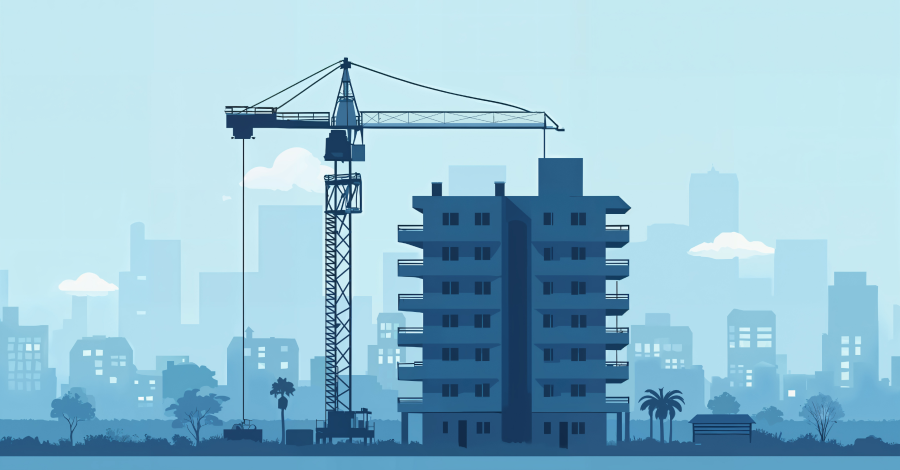A Dispute Resolution Board is a panel of independent experts formed at the beginning of a project, usually before actual construction work begins. Unlike arbitration or litigation, which come into play after a dispute has escalated, DRBs are involved from day one and stay connected throughout the life of the project. Their main role is to prevent disputes from arising by fostering transparency, communication, and timely problem-solving. They also serve as neutral advisors, stepping in when a disagreement begins to take shape—well before it turns into a formal legal battle.
Typically, a DRB consists of one or three members who are respected professionals—often a mix of engineers, legal advisors, and contract specialists. These individuals are selected jointly by the contracting parties and are trusted for their independence, technical knowledge, and experience in complex projects. The board receives regular updates, reviews progress reports, visits the site periodically, and meets with project stakeholders at agreed intervals. This ongoing involvement allows them to understand the technical and operational context in real time—something that arbitrators or judges looking at a file months later simply cannot offer.
When a dispute does arise—say, a contractor claims an unforeseen site condition or delays in payment—the DRB can offer an informal opinion or guide both parties toward a mutually acceptable solution. If the issue is more serious or persists, the DRB can conduct a formal hearing and issue a written recommendation. Depending on the contract, this recommendation may be binding or non-binding. Even when not enforceable by law, DRB opinions are often accepted because of the board’s deep involvement, expertise, and credibility.
The value of DRBs becomes clear when we look at real-world examples. Take the Delhi Metro Rail Corporation (DMRC), for instance. In its Phase III expansion, which involved international contractors and strict timelines, DRBs played a key role in resolving engineering disputes and cost-related concerns without affecting construction timelines. Their intervention saved crores in potential legal costs and ensured that work continued without interruptions. On the other hand, the Mumbai Monorail project—which lacked an effective DRB—faced significant delays, multiple contractor disputes, and legal entanglements that stalled operations for years and frustrated the public.
So why are DRBs especially relevant for large-scale Indian projects today? India is on a rapid infrastructure growth path, with flagship initiatives like PM Gati Shakti, Smart Cities Mission, and Bharatmala aiming to transform the country’s physical and digital landscape. These multi-crore projects, many of which involve Public-Private Partnerships (PPPs), are high-pressure, high-stakes ventures. Delays or disputes in such projects do not just cause financial losses—they also impact the public directly. A road not completed on time affects commuters, a stalled water project affects entire towns. In such cases, traditional dispute resolution mechanisms—like arbitration or court litigation—are too slow and expensive. DRBs offer an efficient, timely, and practical alternative.
Another significant advantage of DRBs is their ability to preserve professional relationships. Legal disputes often make parties adversaries. In contrast, DRBs encourage a problem-solving mindset and maintain open communication between teams. This is crucial in projects that take years to complete and require long-term cooperation. Moreover, because DRB members are familiar with the project’s background and have technical expertise, their solutions are usually more practical than legalistic.
From a legal standpoint, while India does not yet have a specific statute governing DRBs, their decisions are enforceable if the contract clearly lays out the scope, power, and process of the DRB. Courts in India have increasingly recognized the role of DRBs, especially where contracts explicitly state that DRB decisions are to be treated as final or binding. This gives project owners and contractors confidence in using DRBs as part of their risk management strategy.
Encouragingly, organizations like the National Highways Authority of India (NHAI) and Metro Railway authorities have begun including DRB clauses in their standard bidding documents. Globally, institutions like the World Bank and FIDIC mandate or recommend DRBs in large projects because of their proven ability to reduce time and cost overruns.
Dispute Resolution Boards are more than just a dispute-solving tool. They are a smart, proactive approach to conflict management that helps projects stay on track, protect public investment, and reduce unnecessary litigation. As India builds its future through bold infrastructure development, DRBs offer a bridge between legal certainty and on-ground practicality. They represent a shift in mindset—from reacting to disputes to preventing them altogether.
keywords:dispute resolution boards ,large infrastructure projects , conflict prevention in construction , DRB in construction contracts ,avoid delays in infrastructure projects ,public-private partnership disputes , project conflict resolution , construction dispute experts , DRB mechanism India

